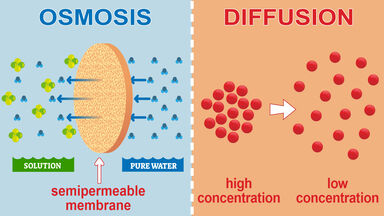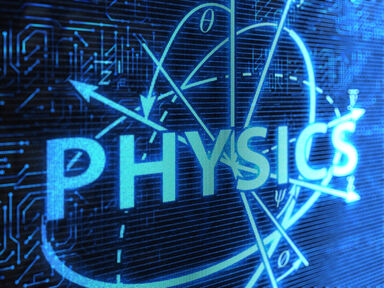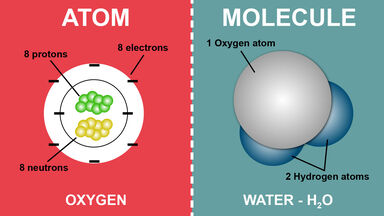Particle Definition
pärtĭ-kəl
particles
noun
particles
An extremely small piece; tiny fragment.
A dust particle.
Webster's New World
The slightest trace; speck.
Not a particle of truth.
Webster's New World
A very small or the smallest possible amount, trace, or degree.
Not a particle of doubt.
American Heritage
A body whose spatial extent and internal motion and structure, if any, are irrelevant in a specific problem.
American Heritage
Webster's New World
Other Word Forms of Particle
Noun
Singular:
particlePlural:
particlesOrigin of Particle
Particle Is Also Mentioned In
Find Similar Words
Find similar words to particle using the buttons below.





